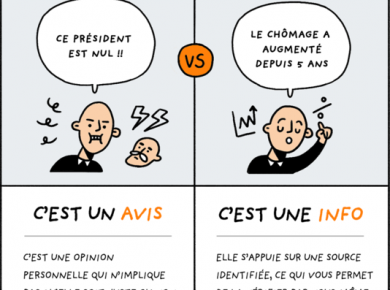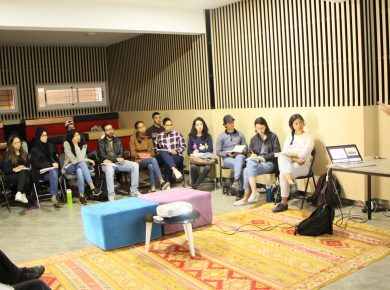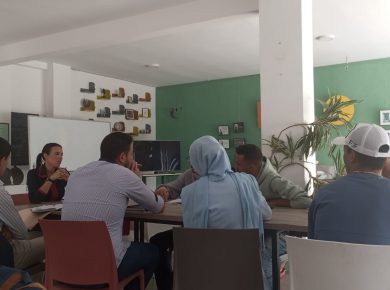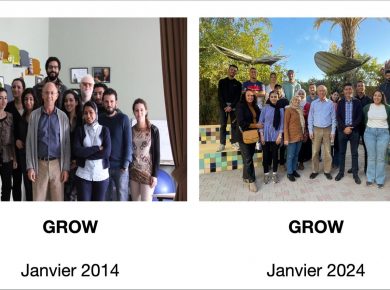Source de l’article : https://eur-lex.europa.eu/legal-content/EN/TXT/?uri=LEGISSUM:c11090
Texte :
WHAT IS THE AIM OF THIS RECOMMENDATION?
It urges EU governments to make teaching and learning of key competences part of their lifelong learning strategies. The recommendation identifies 8 key competences that are fundamental for each individual in a knowledge-based society.
KEY POINTS
- The 8 key competences are the following:
1. Communicating in a mother tongue: ability to express and interpret concepts, thoughts, feelings, facts and opinions both orally and in writing.2. Communicating in a foreign language: as above, but includes mediation skills (i.e. summarising, paraphrasing, interpreting or translating) and intercultural understanding.3. Mathematical, scientific and technological competence:sound mastery of numeracy, an understanding of the natural world and an ability to apply knowledge and technology to perceived human needs (such as medicine, transport or communication).4. Digital competence: confident and critical usage of information and communications technology for work, leisure and communication.5. Learning to learn: ability to effectively manage one’s own learning, either individually or in groups.6. Social and civic competences: ability to participate effectively and constructively in one’s social and working life and engage in active and democratic participation, especially in increasingly diverse societies.7. Sense of initiative and entrepreneurship: ability to turn ideas into action through creativity, innovation and risk taking as well as ability to plan and manage projects.8. Cultural awareness and expression: ability to appreciate the creative importance of ideas, experiences and emotions in a range of media such as music, literature and visual and performing arts.








